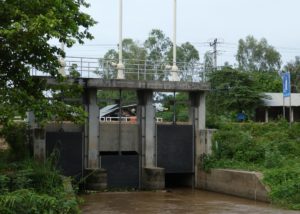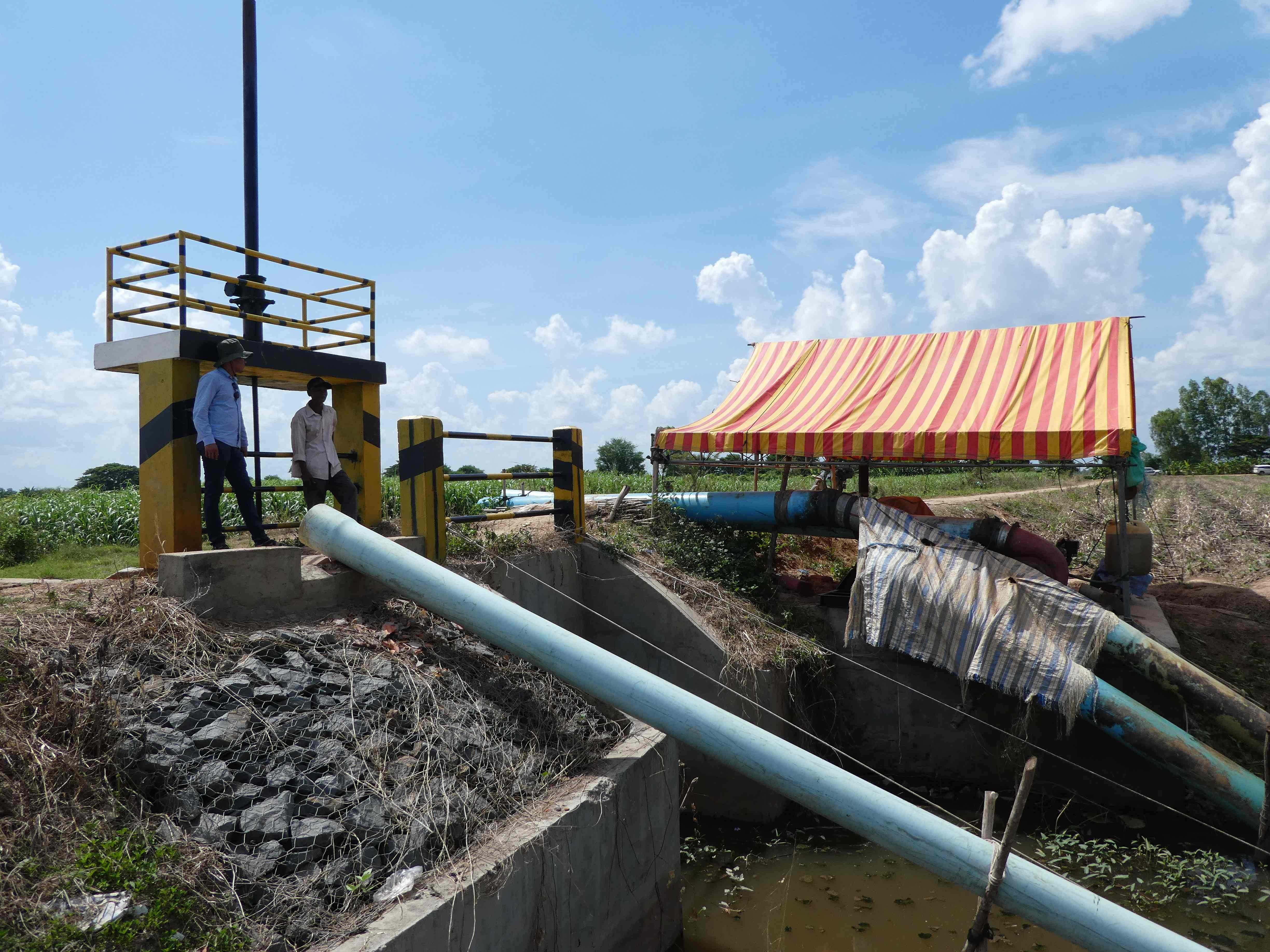The Deltas’ Dealings with Uncertainty (DoUbT) research project (2016-2019) studied deltas in Southeast Asia. These deltas are dynamic and densely populated environments characterized by agricultural intensification, rapid urbanisation and vulnerability to the effects of climate change. This research project was funded by the Dutch, UK, French and Japanese national research funding organizations.
This project had 3 work packages (see the project’s main website): 1) Situating global delta-knowledge networks in relation to other global knowledge network; 2) Historical perspectives on travels of Western delta techno-sciences; and 3) Understanding embedded present day delta knowledges and practices.
This website specifically focuses on the third work package, which aimed to understand how delta’s rural environments are shaped through local level agricultural and water management knowledges and practices; development projects; national strategies, programs, and policies; and the complex ways these interplay.
We conducted research in the Upper Mekong Delta in Cambodia, the Chao Phraya delta and Bang Pakong river basin in Thailand and the Ayeyarwady delta in Myanmar. We adopted an interdisciplinary approach that linked agricultural economics, critical irrigation and water studies, physical and human geography, political ecology, science and technology studies and anthropology of development. Research was co-designed and implemented by researchers from CIRAD and IRD, higher education institutes (e.g. the Royal University of Agriculture in Cambodia) and Non-Governmental Organizations (e.g. the Thailand Water Partnership in Thailand and the Irrigation Service Center in Cambodia) in two of the case study countries.
The main contribution of Work Package 3 to the overall project was “to ground” the research conducted in the other Work Packages, which largely dealt with transversal issues and themes. It did so by providing insights on “what practically happens in the deltas”: WP3 unraveled delta management in practice and highlighted points of confluence and divergence with the dynamics and contents of western knowledge generation and travels studied in WP1 and WP2.

